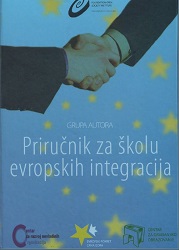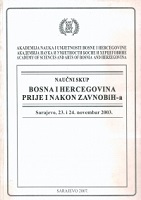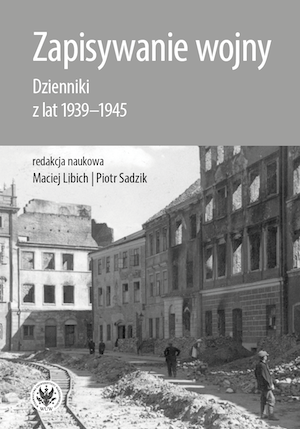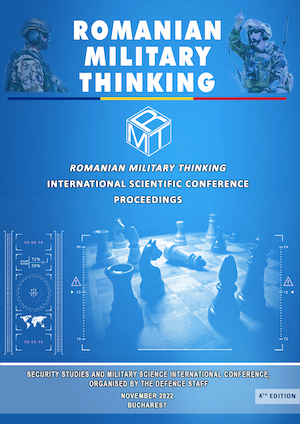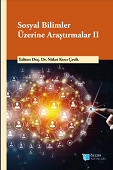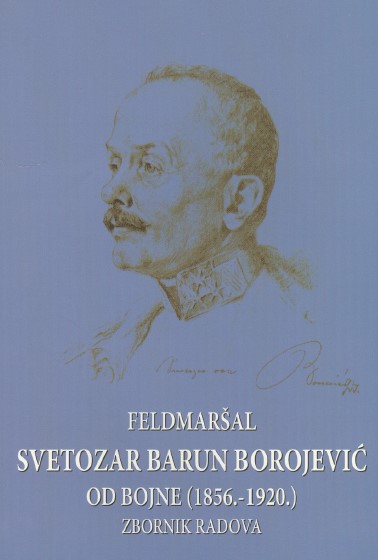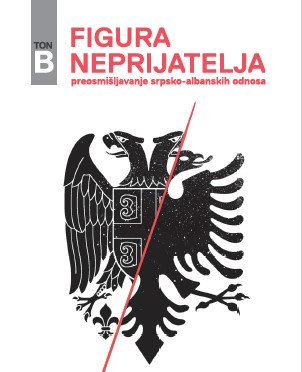
Novine u državnoj i nacionalnoj službi
In this article I analyze the reporting of two daily newspapers, one Serbian (Politika) and the other one Albanian (Rilindja), in the context of a historical dispute between the Serbs and Albanians. The article focuses on the ways that these nations were represented in these newspapers in the early twentieth century, at the time of the Balkan wars, Albanian independence and the First World War, and towards the end of that century, during the late 1980s and early 1990s and the dissolution of the socialist Yugoslavia. The study is limited to the analysis of the reporting in the Belgrade-based newspaper Politika at the time of the declaration of independence of Albania (1912), prior to the establishment of newspaper in Kosovo in Albanian language, as well as on the reporting of Politika and Prishtina-based Rilindja in September 1987, during a crisis caused by the death of five soldiers at the Yugoslav Army fort in the town of Paraćin in Central Serbia. Taking into consideration an abundance of historical arguments about a peaceful of Serbs and Albanians in the Balkans, I infer that one-sided journalism full of prejudices, stereotypes and even racism (Rilindja) was one of the crucial factors in creating negative attitudes towards „the Other“. I also conclude that such reporting apparently aided in creating a rift between the two nations, and therefore claim that promoting a different kind of journalism, led by professional standards and best practices instead of stereotypes, prejudices or political benefits, would have great role in bridging this rift.
More...
